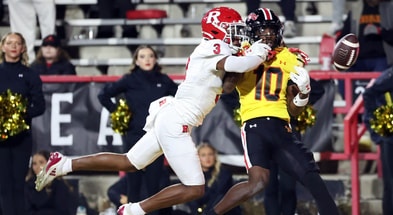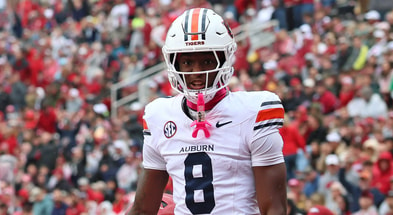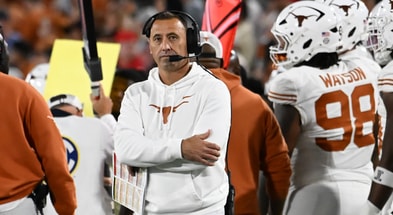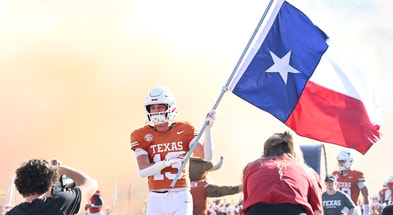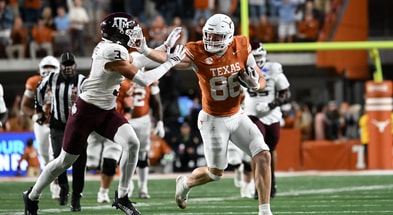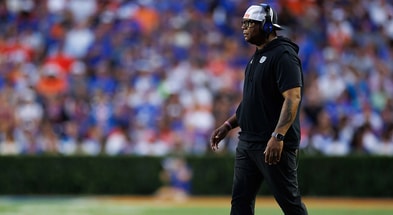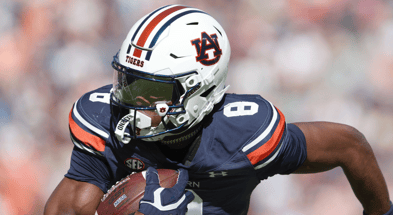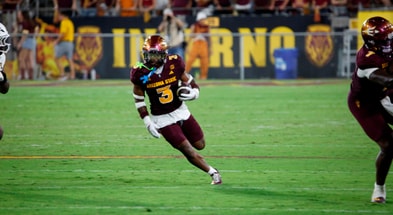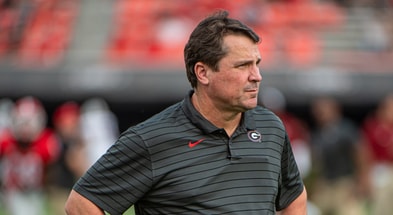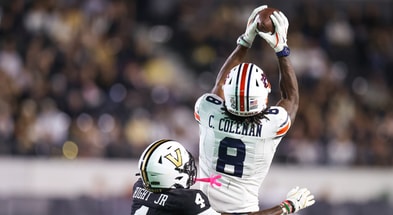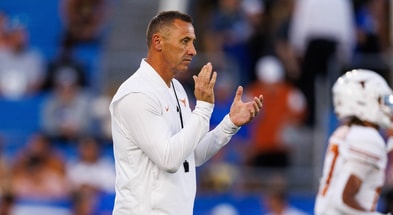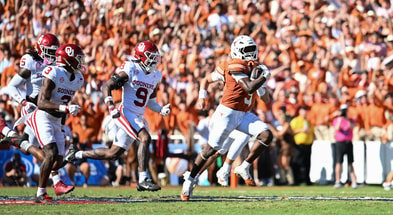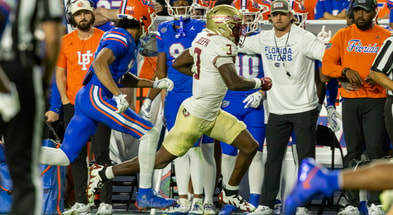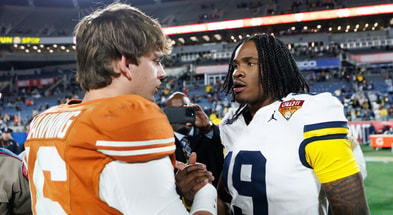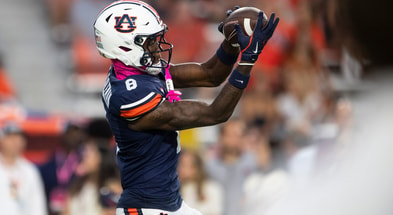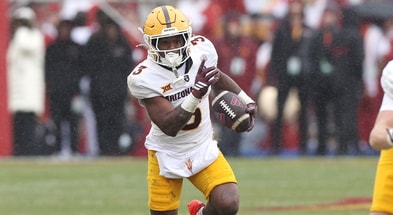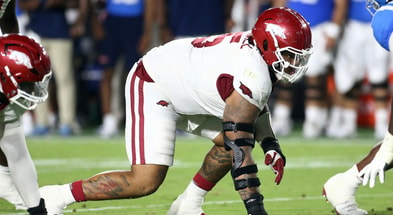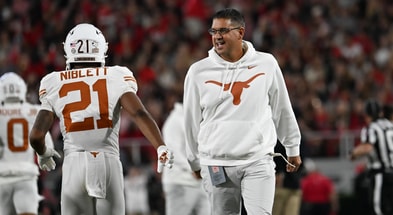Story Time With Uncle Duane: Coach Akina is back on the mic
If Tuesday was the only “Story Time with Uncle Duane” that we get this fall, then Duane Akina made it a good one. Akina dove deep down memory lane—from the litany of NFL players he’s coached, both from Texas and elsewhere, to scheming under Pete Kwiatkowski, to the dynamics of trust between players and coaches. Here are some highlights of Akina’s first media availability upon his return to the 40 Acres.
[Sign up for Inside Texas TODAY and get the BEST Longhorns coverage!]
How important are relationships in recruiting in the age of NIL?
Duane Akina: I think relationships are huge, no matter what time. Because NIL has put a new twist. But my thing is still development and relationships. Because really, the long-range money is to go live your childhood dream (of playing in the NFL).
A note on how involved he is in recruiting and how relationships affect it.
Duane Akina: I’m more on the periphery of that side of it than Mark Orphey and Keynodo Hudson. They do a lot of the on-the-road stuff, and I still get involved with PK when they get here, but I think that is still a big part. I think Sark and his staff do an excellent job of creating that, and our recruiting office does a great job of staying on top of all these things. But, you know, I’ve always said it—I’m a lot better coach when I’ve got Michael Huff and Michael Griffin to coach.
When does Akina encourage a DB to go back to school versus enter the NFL Draft early?
Duane Akina: There’s only been a handful of players I have signed off on, ‘you need to go,’ if the family and the player want to talk to me about it. My general feeling is if I know for sure you will get to your second contract, I say, ‘Okay, I will tell you you’re ready to go.’ Quentin Jammer played five years. If he hadn’t played five, he wouldn’t have been the fifth pick. Michael Huff stayed for five years. If Michael Huff decides to come out at three, he’s not going to be the seventh player picked and create generational wealth for his family.
Top 10
- 1Breaking
Demond Williams
Star QB to enter portal
- 2
Quincy Porter
OSU 5-star to enter portal
- 3Hot
Nebraska lands QB
Huskers land their signal caller
- 4
DJ Lagway
Sets Big 12 visit
- 5Trending
Transfer Portal Predictions
Nakos calls his shot
Get the Daily On3 Newsletter in your inbox every morning
By clicking "Subscribe to Newsletter", I agree to On3's Privacy Notice, Terms, and use of my personal information described therein.
Why does Akina feel like he can mold the secondary into whatever Pete Kwiatkowski wants to run this year—be it single high, two high, etc.?
Duane Akina: Well, I’ve done it for 45 years. So yeah, I’ve touched a little bit of everything.
Given his long coaching career, why is it that Akina has only coached at three places (Arizona, Stanford, and Texas)?
Duane Akina: There’s no egos in that room (with Pete Kwiatkowski). It’s why I’ve been to three places in 45 years—from Dick Tomey (Arizona) to Mack Brown and Bull Reese to David Shaw (Stanford). It’s just the beautiful working conditions. And now I feel that, once again, here. There’s just no egos in this room. It’s just, let’s go win.
On marrying pass coverage with run fits.
Duane Akina: What I always do is, when I come in, how are we fitting the run? You don’t get to pass defense if you can’t stop the run. From there, when I understand how we’re fitting the run, then we can blend (coverages). But like I said, this system is not broken. I’m just coming in to say, ‘Hey, maybe we can tweak this rule.’
On if this Texas secondary is on par, talent-wise, with his past units—and who the best college secondary of all time is.
Duane Akina: Well, I would say this. I haven’t lined up with them (yet). I will say this: the ’06 (Texas) secondary and the ’01 Miami secondary, in my humble opinion, are the two best college secondaries (ever). And why I say that is, we had three number ones, a two, and a five. They had four number ones and a six. How Tarrell Brown was a fifth-round pick was (expletive).
